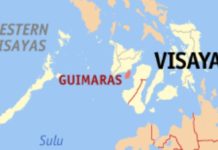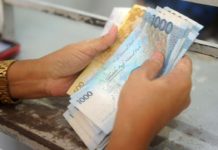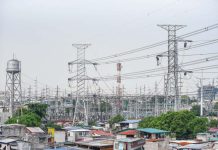The Philippine economy continued its expansion streak in the last three months of 2024, but it was not enough to bring the full-year growth within the government’s target range, the Philippine Statistics Authority (PSA) reported yesterday, January 30.
Economic growth for the fourth quarter of the past year was recorded at 5.2%, unchanged from the third quarter, and slower than the 5.5% in the same quarter of 2023.
This brought the full-year economic expansion to 5.6% faster than the 5.5% for the full-year 2023, but falling short of the government’s trimmed target range of 6.0% to 6.5%.
This is also the second straight year that the Philippines missed its economic target after hitting 5.5% in 2023, which was below the 6.0% to 7.0% target for the year. Growth surpassed the target ceiling in 2022 at 7.6%.
With the latest figures, the Philippines is positioned as the third fastest-growing economy in the region, trailing behind Vietnam with 7.5%, and China with 5.4%, and ahead of Malaysia with 4.8%.
The National Economic and Development Authority (NEDA) attributed the deceleration to setbacks seen in the year, citing factors which were out of the government’s control such as weather disturbances and geopolitical tensions.
Broken down in major economic sectors, services grew by 6.7% and industry by 5.6%, while agriculture, forestry, and fishing contracted by 1.6%. The agriculture sector alone fell by 2.2% or below the Department of Agriculture’s target range of 1.0% to 2.0%.
NEDA Undersecretary Rosemarie Edillon also noted that manufacturing grew by only 3.1%, hampered by subdued global demand due to geopolitical tensions and the slow recovery of advanced economies, along with the need for semiconductors to update their product offerings to meet changing demand.
Industries that contributed the most to the annual growth were wholesale and retail trade and the repair of motor vehicles and motorcycles which expanded by 5.6%, financial and insurance activities by 9.0%, and construction by 10.3%.
Household spending for the year rose by 4.8%, while government spending increased by 7.2%. Exports of goods grew 3.4%, and imports by 4.3%.
The country’s gross national income was recorded at 7.6%, and the net primary income at 26.1%.
Moving forward, Edillon said she is hopeful that the latest figures would give the Bangko Sentral ng Pilipinas some room to adjust its key policy rates to boost economic growth. (GMA Integrated News)







